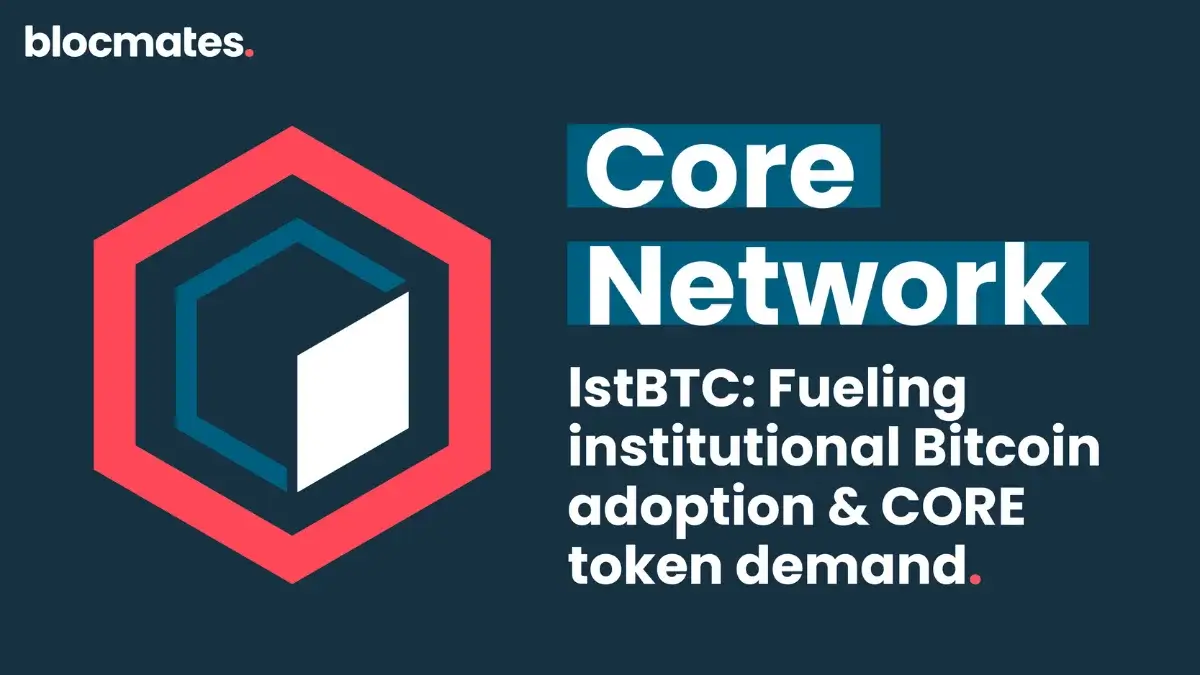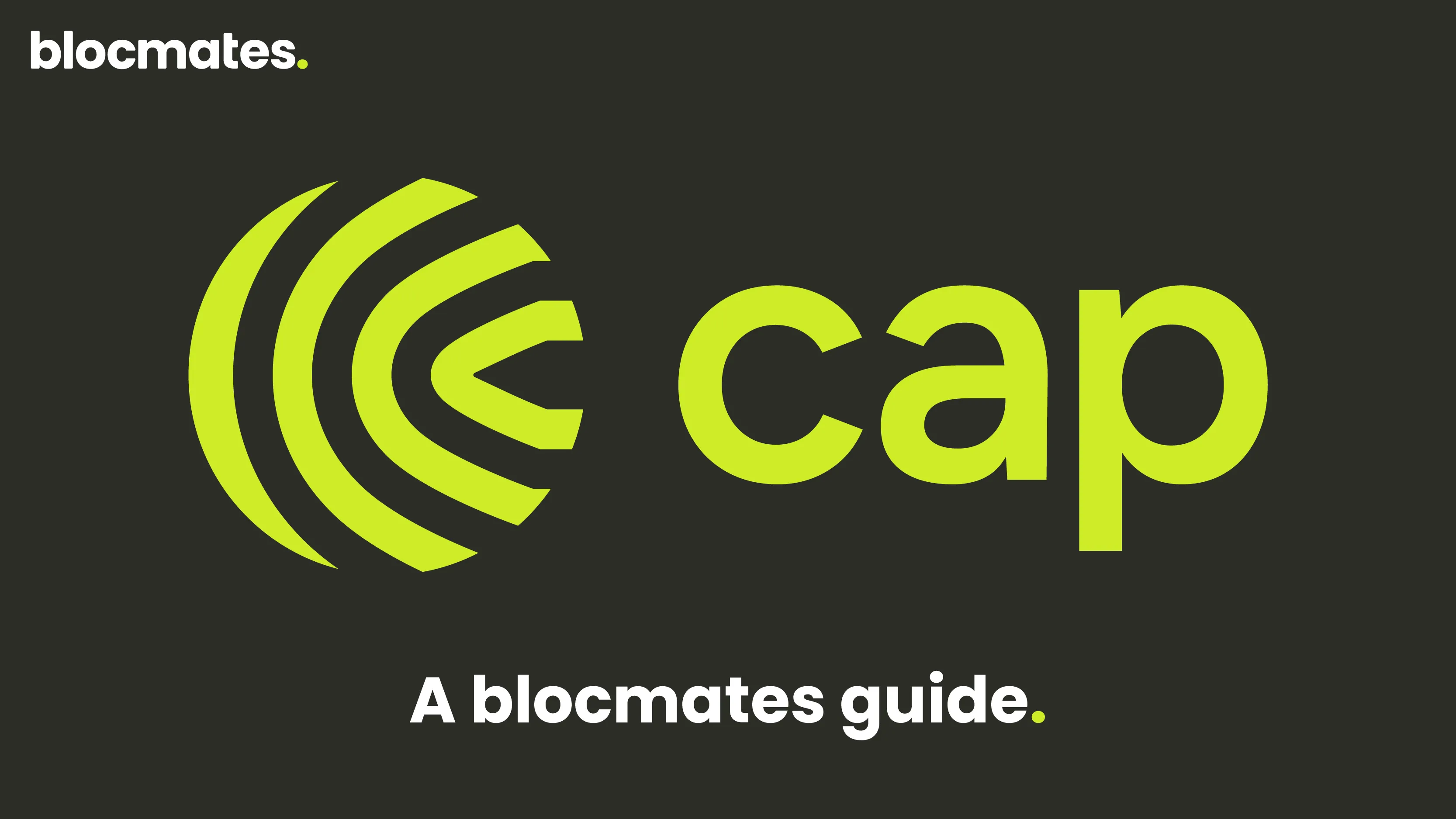Ape-tizers:
- Umbra is a privacy wallet that encrypts transaction data on your device before posting the relevant information to the public blockchain.
- Privacy is a fundamental right. Financial privacy should be a default setting; it shouldn’t be used as a scapegoat for transparency.
- Umbra will be instrumental in onboarding new users, benefiting traders, and onboarding institutions.
Gather ye folks because I have a dilemma to present to you. Nope, I’m not talking about the dilemma of you getting rugged on $50k market capped shitcoins in the Pump.fun trenches. I'm talking about the privacy vs transparency dilemma.
The debate boils down to this: Bitcoin was born on the back of one of the worst financial crises we’ve seen as a revolt against the secrecy, corruption, and lack of accountability amongst the major financial institutions of this world.
Blockchains entered the picture as the infrastructural figurehead of a transparent global financial system.
Transparency is great. Anyone in the world can verify the dealings of powerful players on this distributed ledger, which keeps everyone accountable. But this sword is double-edged.
In favour of transparency, why should you and I have to give up our basic right of financial privacy? Why should all my trades and transfers be visible to every single person in the world?
The solution to any dilemma starts with compromise. In this case, privacy has been bearing the brunt.
Effectively, we need to find a way to give users that financial privacy while maintaining the verifiability and trustworthiness that makes blockchains so valuable, and I think Umbra might have a solution.

What is Umbra?
Umbra is a wallet that leverages Arcium’s confidential networks to enable confidential transfers on Solana, ensuring that users have financial privacy on-chain.
When you make a transfer or a trade, key information such as wallet balances or recipient addresses will be confidential, while only essential information will be posted on the blockchain.
“But how does that even work?” I hear you ask.
Umbra is powered by Arcium.

Arcium is a network designed for private computation, leveraging multi-party computation (MPC) technology. This MPC technology is essentially a bunch of input data split across multiple nodes that communicate with one another to reach a desired output, all while not sharing/revealing any of the data.
It’s like if you and your friends want to go on a night out and are trying to figure out how much y’all have collectively. Nobody wants to reveal their amount, so you all split your money and put it into this magic calculator. This calculator gives you your desired output without revealing any sensitive details.
This is a bit of an oversimplified example, but you get the point.
Arcium is chain-agnostic. It can be integrated into any existing blockchain to add a privacy layer on top of the network. Currently, its most popular use is Solana, but you can expect more in the future.
This is why Umbra is powered by Arcium.
When you make a transaction through Umbra, it goes through Arcium, so before your transaction details even hit the blockchain, all your data is encrypted on your device. The sensitive data can only be seen by you.
The encrypted transaction instruction goes to Solana to maintain the verifiability element of a functioning blockchain, but only you can decrypt the actual data.
The idea with Umbra is to have privacy enabled by default. Yes, transparency has its place when it comes to running public treasuries to keep people accountable, but for the average user, privacy should be a default setting; it can be turned off only in situations that are deemed necessary.
This brings us to the next issue. Privacy in crypto is not new; it’s just that most privacy protocols tend to clash with regulators (Monero, for example). For an industry looking to push into the mainstream, that’s no bueno.
Umbra is built with compliance in mind. Now I know most of you won’t be fans of this compliance aspect, but just hear me out.
When creating your Umbra wallets, users are required to register through an auditor program. This program creates encrypted links between a user's private Umbra wallets and their public Solana wallets.
So, in cases where there is legal action required, authorized auditors can access the specific encrypted data needed, but ONLY upon a lawful legal order.
Now, I know this is throwing up all sorts of red flags in your brain, but think about it this way.
We know very well how most people in this industry operate. It’s a shock if we go a full day without a rug or scam. Now think about people/projects using Umbra and then abusing its private nature to rug people. If you were a victim, you would like some legal action to be taken. Umbra makes the path to this legal action easier.
At the end of the day, it comes down to user preference. Many people are skeptical of privacy projects, and there may be some merit to this skepticism.
Still, a significant chunk of current and incoming users would rather maintain their financial privacy, which makes solutions like Umbra a necessity.
Why Umbra matters?

This can be broken down into three parts:
- Onboarding
- Trading
- Institutional involvement
1. Onboarding
Put yourself in the shoes of the average normie thinking of finding their way into crypto. Imagine that five years down the line, people are using crypto for basic day-to-day stuff like e-commerce purchases and money transfers, just like they would a bank account.
Now imagine the look of horror on their faces when you tell them, “Bro, you still owe me $15 from a month back, but I just saw you blow $600 on Versace shoes”. He says “How the fuck did you know that”, and you just show him a Solscan link.
Most people will not be comfortable with having their account balances, transaction history, money transfer data, and any sort of financial information just available for the entire world to see. They will demand some form of privacy.
Umbra will play an important role in that aspect as it’s a concept that the entire world is familiar with. Your data stays encrypted, but the relevant information is also posted to the blockchain to maintain an element of transparency and verifiability.
2. Trading
On-chain trading is a huge market that continues to grow year on year. The one glaring issue, especially amongst bigger, well-capitalised traders, is why the hell is all my trade data publicly available for everyone to see?
Everyone can see the amount of money I have in my portfolio, my entry prices, my liquidations, my funding expenses, and basically everything else.
The most recent James Wynn saga is a good example of this. Granted, he was overleveraged, but when a person is sitting on $85 million profit with a $1 billion notional value position, you would rather not have your stop losses and liquidations available for everyone to see.
In an industry as hostile and predatory as crypto, you know Mr. CZ is coming to hunt down your position to send you back to the McDonald's employment line.
Umbra will prove to be a great solution for this.
3. Institutions
It’s no secret that institutions have been dipping their toes into crypto, but very hesitantly. There are a lot of elements to that hesitation, but high up on that list are regulatory concerns and privacy concerns.
Institutions that are handling multi-billions or even trillions of dollars are not going to be comfortable having all their data out there for the world to see.
Even though that kidna is the point of blockchains, it’s an unrealistic explanation to start off with. Umbra can be that middle ground where there is privacy with elements of transparency.
On the same note, Umbra has compliance in-built, something that other privacy solutions cannot offer. This will make it much more attractive for institutional capital that will ultimately pump our bags (I hope).
Concluding thoughts on Umbra
Privacy in crypto is a tricky and contentious topic.
Some people deem it necessary, while others are not so keen on what the crypto privacy protocols offer. In my opinion, it boils down to this.
Privacy is a basic right that everyone is entitled to. You may not be doing anything illegal inside your house, but you still like the privacy that curtains offer.
In the same way, having privacy enabled by default is just a fundamental right that users deserve. Not everyone is doing crime on-chain, but that doesn’t mean they have to have their business out there in the world for everyone to see.
In my opinion, Umbra looks like a promising project. The privacy narrative has barely kicked off, and I don’t think many are prepared for it. While there are many players in this field, Umbra is pretty high up in the rankings.
Worth paying attention to.



























.webp)

.webp)
.webp)

%20(1).webp)


























































%202.webp)


.webp)

.webp)
.webp)
.webp)



.webp)





.webp)
.webp)

.webp)
.webp)
.webp)


.webp)
.webp)










.webp)


.webp)









.webp)







.webp)




.webp)


























.webp)







.webp)















.webp)

.webp)
.webp)

.webp)














.webp)

.webp)


.webp)








.webp)




